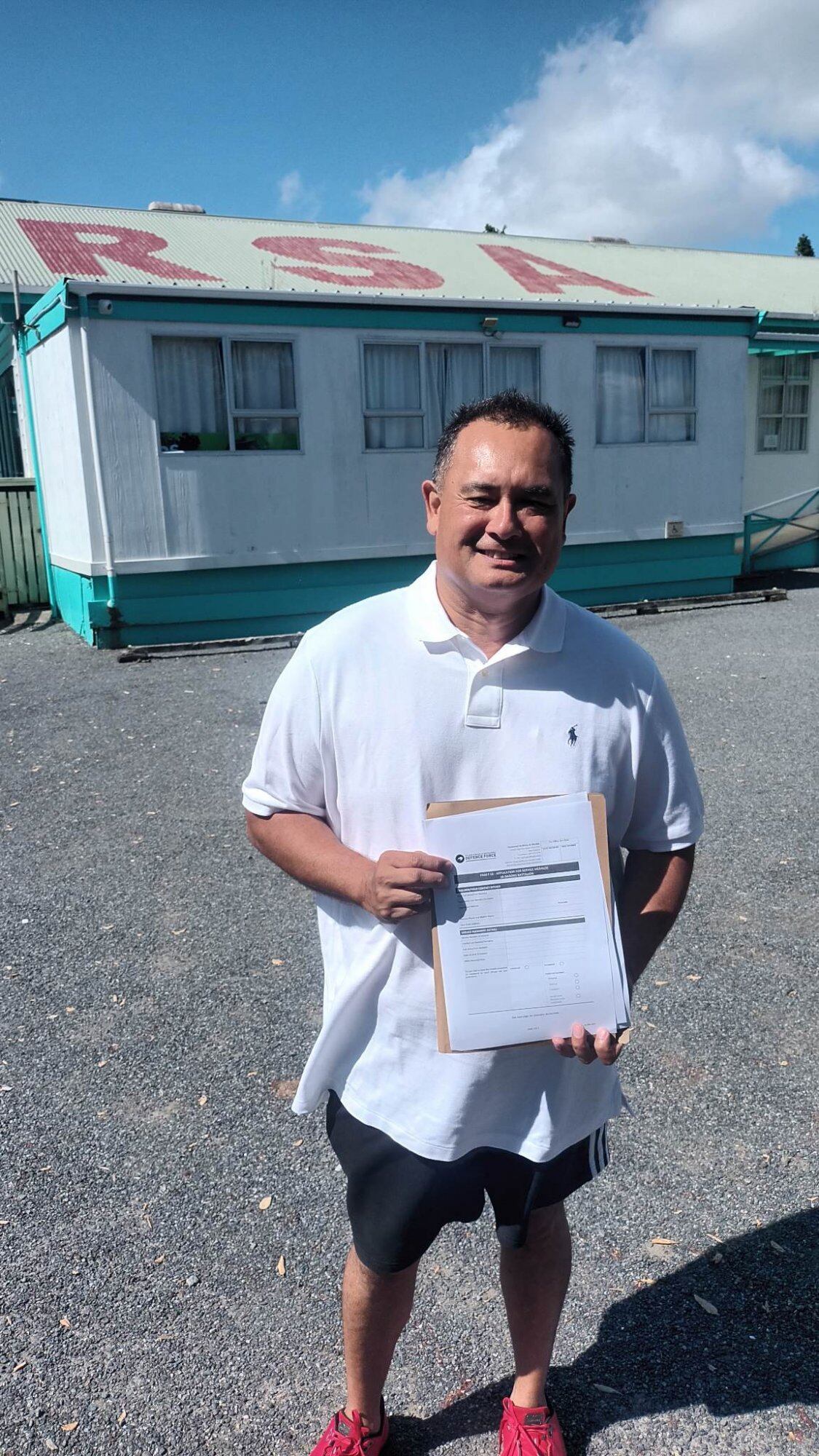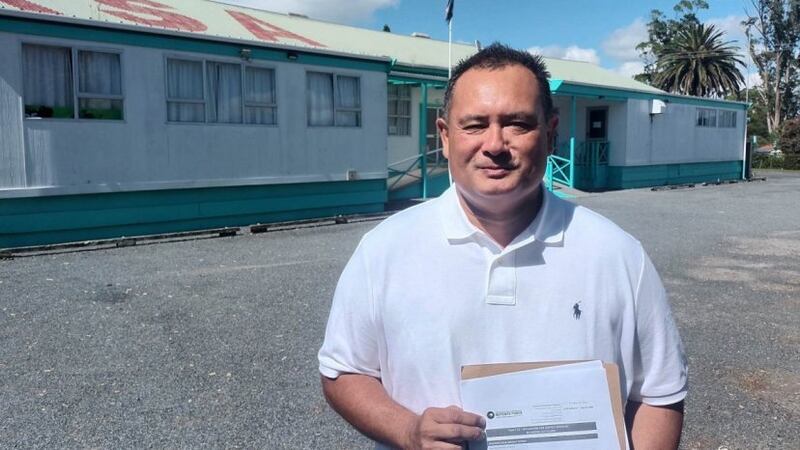Māori Lawyer David Stone a is continuing his journey to give medals back to whānau who had someone in service of the 28th Māori Battalion, going round to various areas in Northland earlier this week before 2022 ends.
It also includes a visit to the country’s birthplace later next year.
“The army are presenting the A Company medals on February 18 in Waitangi, and that will be our seventh presentation,” says Stone (Ngāi Tāmanuhiri, Te Aitanga-a-Māhaki, Ngāti Porou, Ngāti Kahungunu, Ngāti Toa, Ngāi Tahu).

Having gone to a few presentations since the kaupapa started, he says he always remembers the reaction from recipients.
“We’re honouring, in some instances, husbands and the fathers that have been gone for decades. One recipient summed it up for me, he said: ‘My dad’s been gone for 40 years, I’m 72 years old and you’ve brought my father back to life.’”
Stone’s motivation to find the rightful homes for the unattained medals continues to stem from his grandfather who lectured at Massey University in 1990, who carried a lot of grief for his brother who went to war.
“He last saw his brother when he was 10 years old. He said to me that he ended up breaking down during his mihi to his brother. I was completely speechless when my grandfather admitted that to me.
“I realised in that moment was that my grandfather in his 60s had been carrying this tangi for his brother for over 50 years.”
Stone saw the medals as an opportunity to give what his grandfather or many other whānau members could not do: “for them to give away their tangi,” “properly in accordance with our tikanga on our marae”.
It’s not been without difficulty, he says, trying to match soldier names with applicants. It included troubles with the application process from whānau, only due to some soldiers enlisting under different names whether it was easier to pronounce, completely new names given to them or their anglicised names.
“We’ve had to go to urupā and take photos of headstones where they’ve had their actual name and the name that he fought under. We’ve taken those photos, send them to the medals department and say, ‘Is this evidence enough?’ And that’s just one of the things we’ve had to do.”
The most rewarding thing, after it’s all connected, is when the wives of the soldiers are present to receive the medal.
“These are the widows and their husbands have been gone for decades. When they tell you how grateful and thankful they are, you just feel really humble.”


